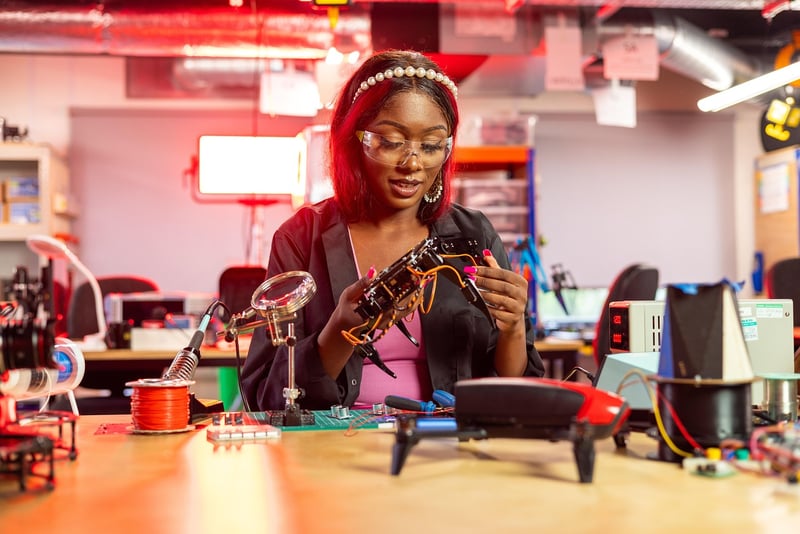Technical Abilities
Developing Essential and Technical Abilities
Introduction
Developing a combination of essential abilities and technical skills is crucial for success in today's competitive world. While technical skills are necessary for specific tasks, essential abilities encompass a broader set of skills that are essential for personal and professional growth.
Essential Abilities
Essential abilities, also known as soft skills, are non-technical skills that are valuable across various industries and roles. These skills include:
- Communication skills
- Leadership abilities
- Problem-solving skills
- Adaptability
- Time management
- Teamwork
Developing these abilities can help individuals excel in their careers, build strong relationships, and navigate challenging situations effectively.
Technical Abilities
Technical abilities, on the other hand, are specific skills related to a particular job or industry. These skills are often acquired through education, training, and hands-on experience. Examples of technical abilities include:
- Programming languages
- Data analysis
- Graphic design
- Project management
- Technical writing
- Engineering skills
Technical abilities are essential for performing tasks efficiently and staying competitive in the rapidly evolving job market.
Developing a Balance
While technical abilities are important for executing specific job functions, essential abilities play a critical role in how individuals interact with others, solve problems, and adapt to changes. Striking a balance between essential and technical skills is key to achieving long-term success in any field.
Conclusion
By focusing on developing both essential abilities and technical skills, individuals can position themselves for growth, advancement, and success in their careers. Continual learning, practice, and feedback are essential in honing these skills and staying relevant in today's dynamic work environment.

For more information on developing essential and technical abilities, visit Skills You Need.
